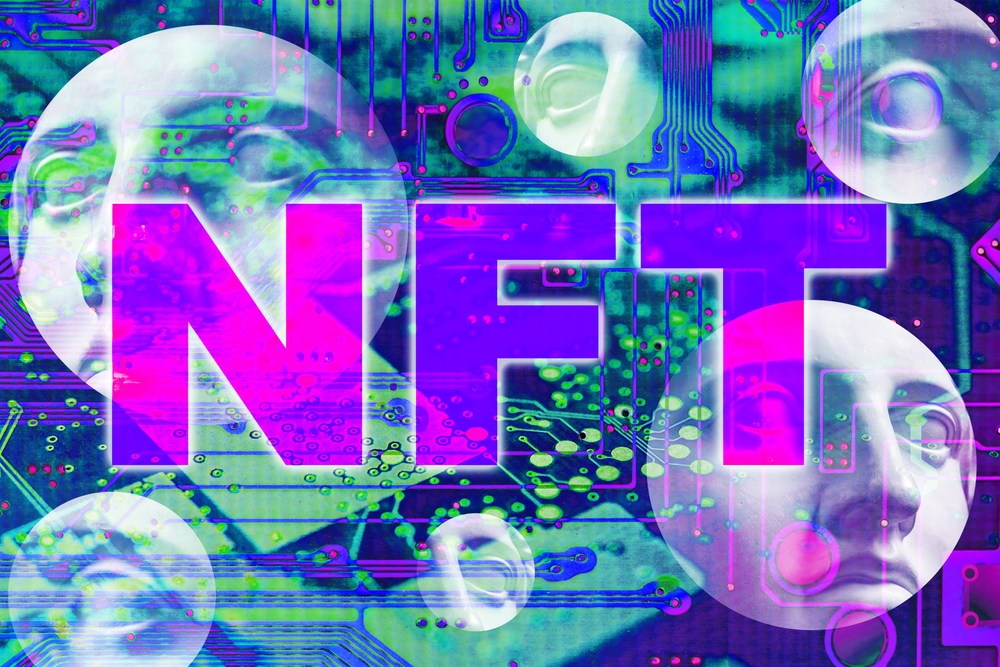The Treasury Department of the United States published research on the art market of high-value, pointing out the possibilities in the field of NFTs (non-fungible tokens) to organize the terror financing or illegal money laundering activities. It is brought out by the treasury’s research that the relative utilization of art to be a financial asset or an investment could create a vulnerability in the traders of high-value art to launder money.
The study noted that the growing online market of art may pose unique hazards, based on the incentives and structure of specific operations in the respective department of the industry – such as buying NFTs (known as digital units on the core blockchain to represent the digital artwork’s ownership. Additionally, the study also mentions the significance of NFTs in expressing the physical and digital property’s ownership being controlled and managed through smart contracts as well as digital wallets. Moreover, the Treasury highlights that sellers and buyers are responsible for the NFTs’ price rather than the market.
Furthermore, the U.S. authorities revealed that a record valuation of up to $1.5B was witnessed in the initial quarter of 2021, indicating a growth of almost 2,627% in comparison with the previous quarter. Nonetheless, the market of NFTs itself had a valuation of up to $20B in 2020. It was suggested by the U.S. Treasury that there are some possibilities for the criminals to buy NFTs through illegal funds and then resell them to some imprudent collector who would provide the criminals with legitimate funds having no linkage with the crime.
NFTs (non-fungible tokens) can additionally be traded through P2P (peer-to-peer) sales, recording the respective transaction on the open ledger or else bypassing the requirement for some intermediary. Despite underscoring several money laundering weaknesses that became possible through the ecosystem of NFTs, the members of the conventional industry like galleries or houses for art auction may not possess the distributed ledger technology-related knowledge needed for practicing the efficient identification as well as the verification of the customers across the industry.
A mortgage underwriter at USAA who became a crypto entrepreneur, Brenda Gentry, recently posted on how the ecosystem of cryptocurrency provided her with a fighting opportunity to confront the generational curses related to poverty. Gentry (nicknamed MsCryptoMom) quit her decade-long designation of a banker to devote herself to her crypto career. Her earliest investments during 2020’s start were categorized as unprecedented chances provided by crypto.
